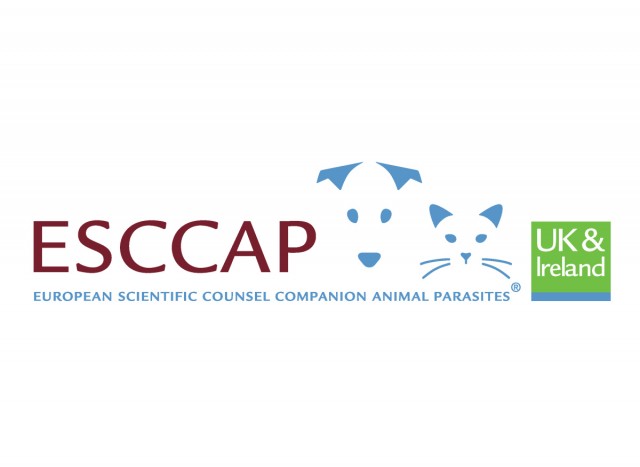ProfessionalsMembersResourcesDownloadsGuidelinesParasite ID PostersParasite Life CyclesPodcastsTherapiesTick Hosts, Habitats and PreventionFAQsScientificControlEctoparasitesEndoparasitesVector Borne DiseasesZoonosesTravelling Pets


In response to the BVA, BSAVA and BVZS policy position on responsible use of parasiticides for cats and dogs, ESCCAP UK & Ireland would like to make the following points.
1. We support the need for increased client education on the use of parasiticides, a risk based approach and the need for more research.
2. Year round flea treatment for all UK cats and dogs remains important to minimise the risks of UK household infestations. Cats and dogs are exposed year round and centrally heated homes will support flea infestations through the winter. There is no evidence to currently suggest that some cats and dogs are at significantly lower risk of maintaining flea infestations than others.
3. If environmental contamination is occurring from companion animal products then increased engagement with pet owners (many of which buy their flea products from non veterinary channels) will reduce it through avoiding product being washed off, misapplied or disposed of inappropriately.
4. Human toxocarosis is unlikely to be avoided by good hand hygiene alone. A multi faceted approach is needed as compliance for a single approach will not be high enough. Control of the parasite in cats and dogs is an essential component of human toxocarosis control.
5. The statement refers to Echinococcus granulosus being geographically limited in the UK. We do not know this and if it is, more importantly we do not know where all of these areas are. Tapeworm control in dogs at high lifestyle risk of exposure is therefore essential to limit zoonotic risk.
6. Anthelmintic resistance is not limited by not treating uninfected dogs. It would only be limited by allowing deliberate shedding of refugia into the environment. The zoonotic nature of some cat and dog helminths makes this path a difficult one for veterinary surgeons to take.